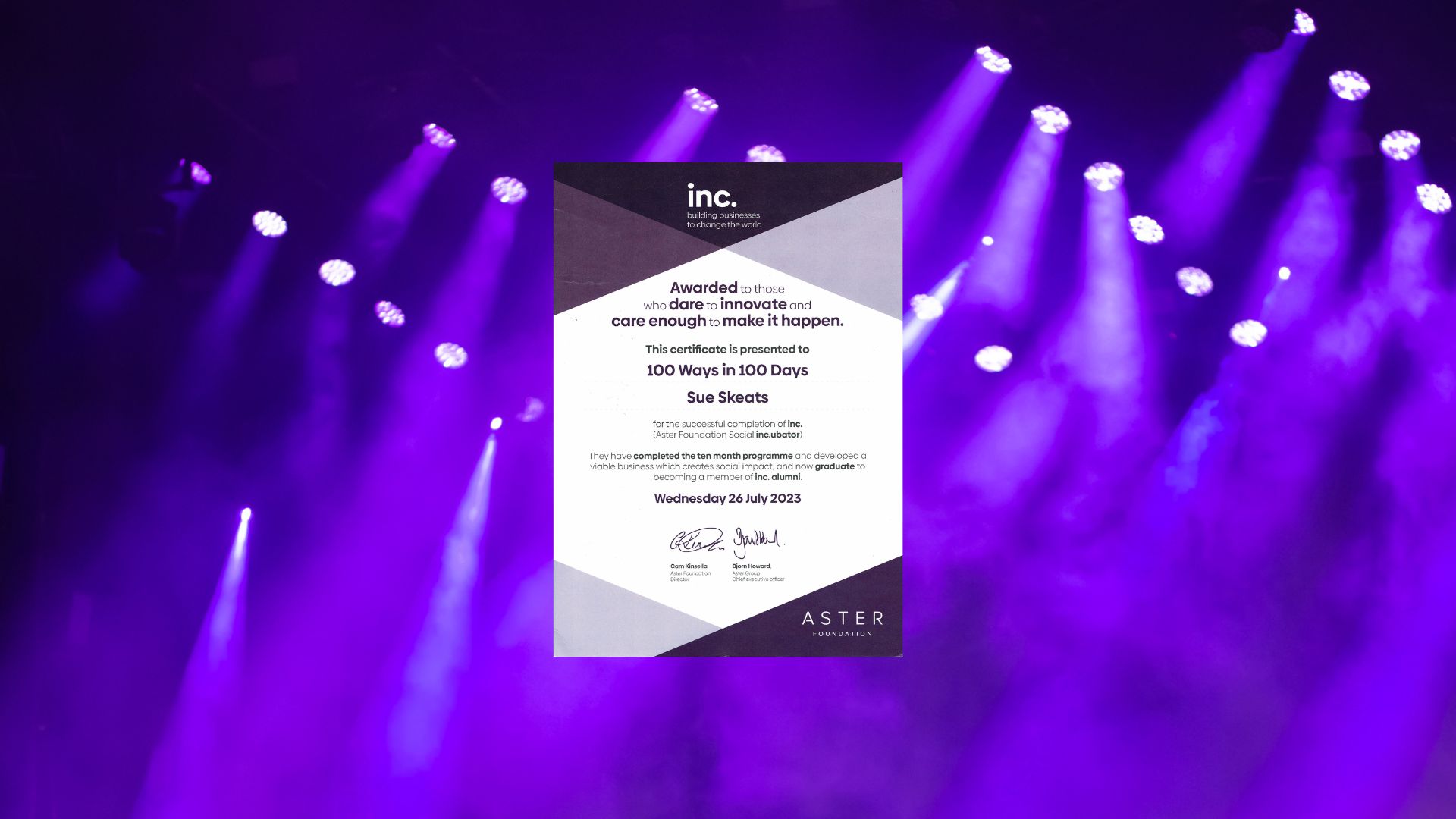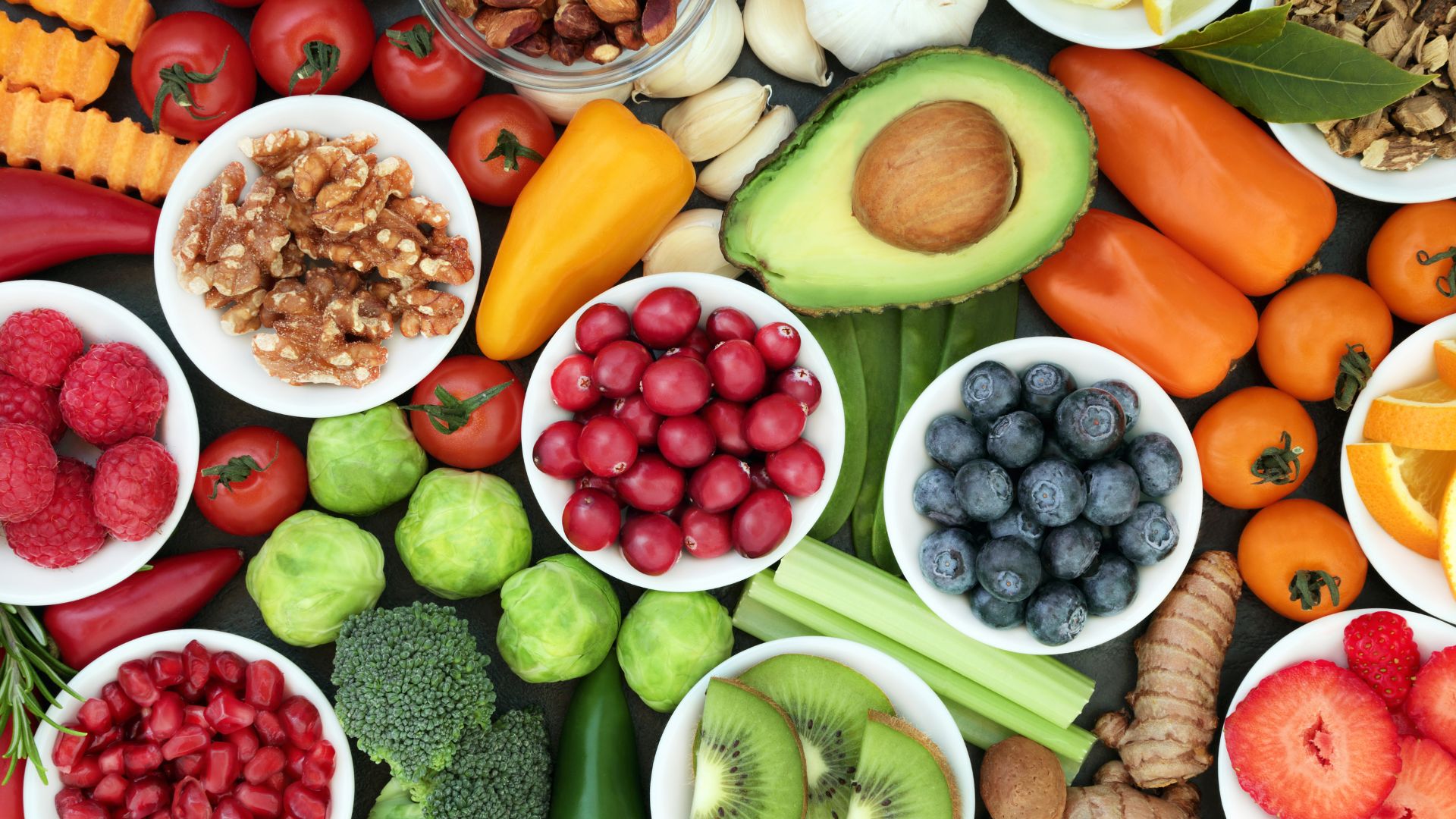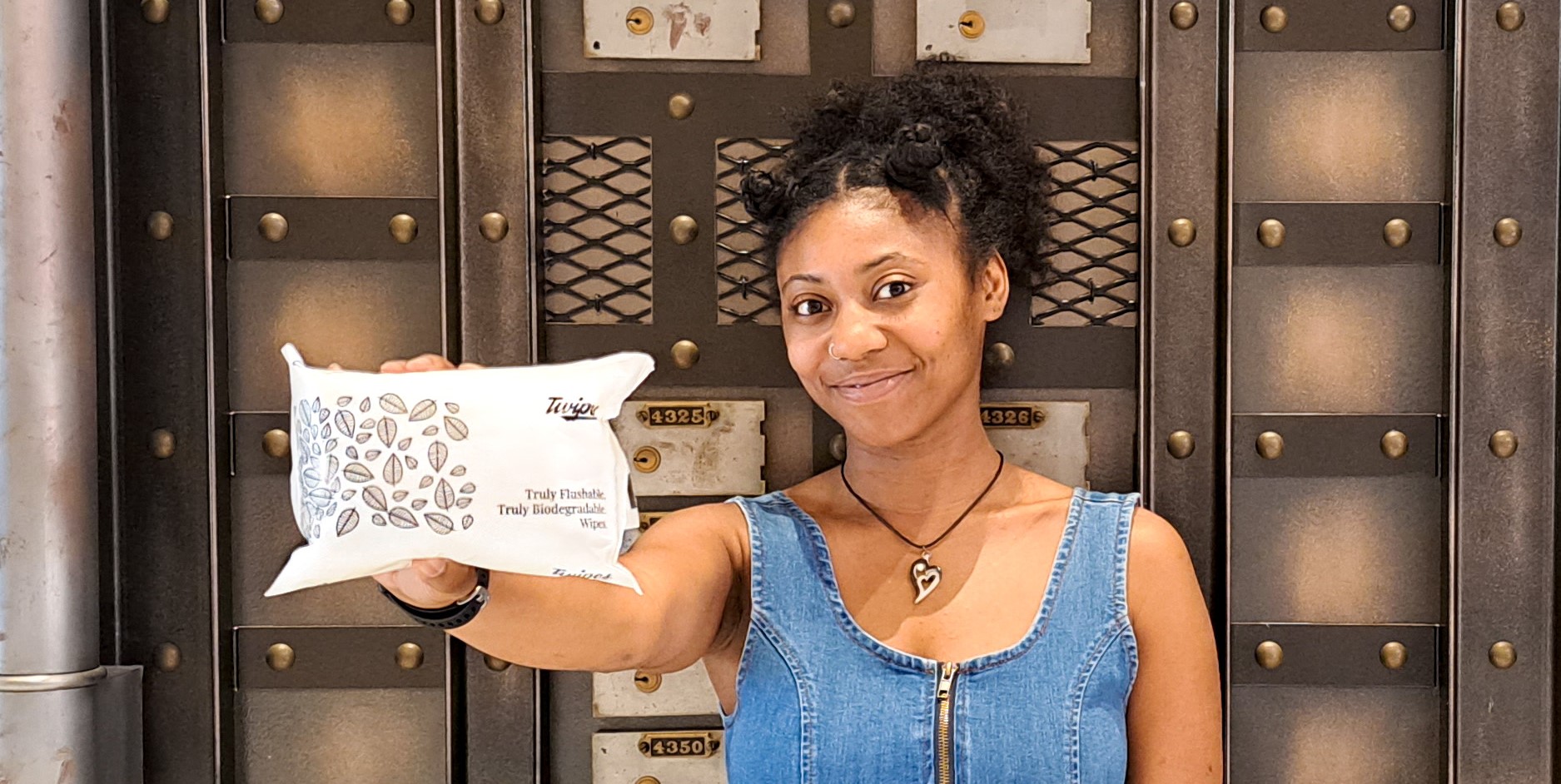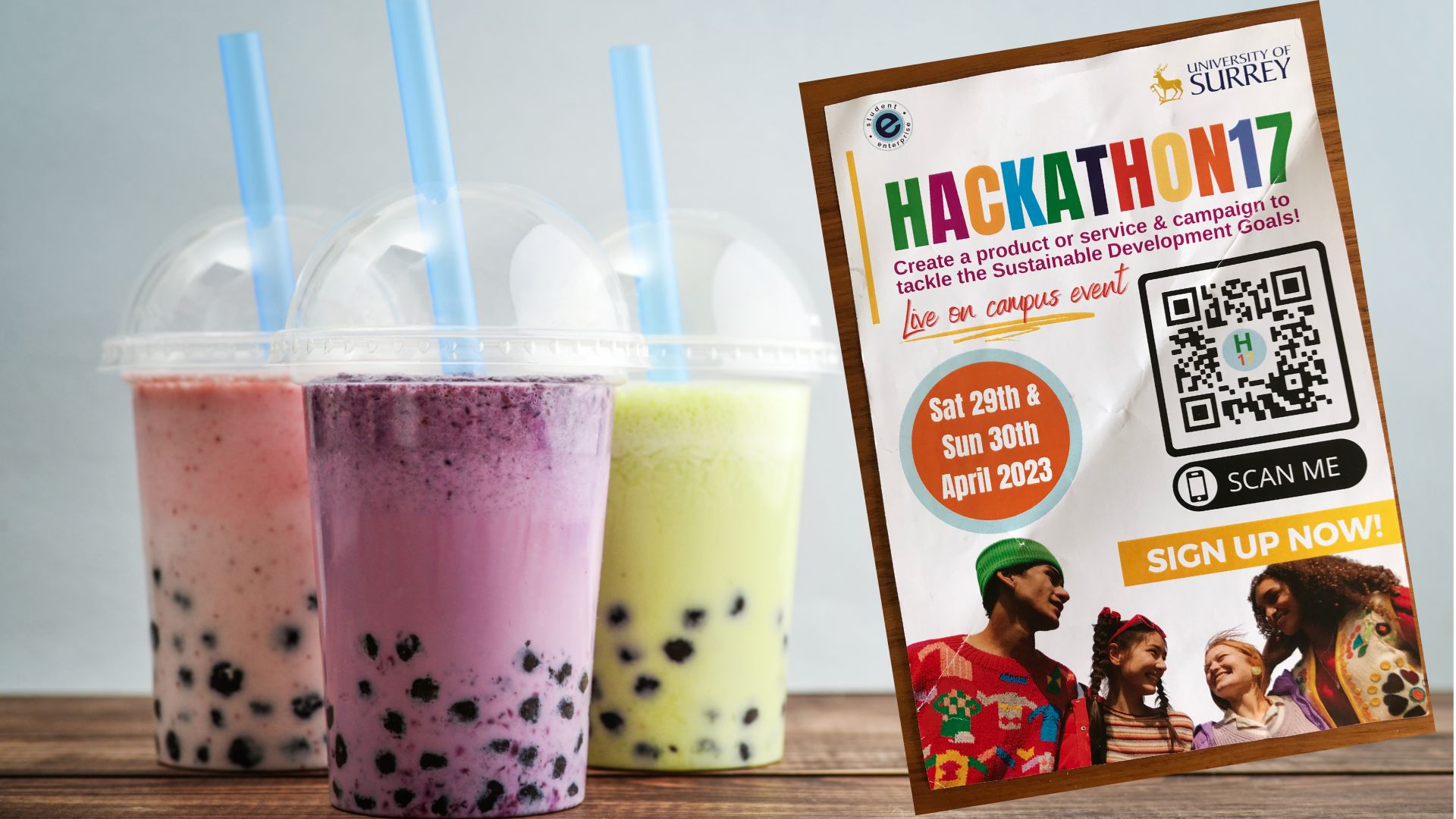Yesterday was a very special day. After 10 months of 100 Ways being part of the 2022/23 cohort of the Aster Foundation’s groundbreaking Inc. incubator, yesterday we graduated.
Although it was a bittersweet moment, with the current programme drawing to a close, it was uplifting too. 100 Ways in 100 Days was honoured and humbled to scoop Aster’s ‘Colleagues & Customers Engagement Award’ for our internal employee and external home renter programmes.
And when we say humbled, we mean properly, properly humbled. The cohort are all social impact businesses, single mindedly focused on making a positive difference in the world. It’s been a privilege to meet such warm and driven human beings, all with incredible ideas, energy and stories to tell.
They span technology that empowers independent living for older adults, to a monitor that measures invisible air pollution – and a platform for those with co-occurring addiction and mental health issues. Another platform is diversifying the cybersecurity industry. Then we have social gardeners who are pre-empting and combatting loneliness – and a practice of placemakers (architects creating vibrant, people-centred spaces that foster community and a sense of belonging). A groundbreaking theatre project, for those with dementia, is jawdropping in its ambition.
A quarter of the ventures are dedicated to sustainability and helping save the planet.
We’ve just profiled Elle McIntosh (inventor of Twipes, the world’s first truly flushable wet wipes) on our website. Together with co-founder Al they are cleaning up, both here and in the US. Tze Ching Yeung on the other hand runs a community project aimed at getting young people into sustainable fashion. Ben Gibbons (who, incidentally, along with Compair’s Guy Monson, are two of the most elegant communicators we know) is founder of the extraordinary Circular11. It turns low-grade, otherwise unrecyclable plastic waste into building materials and home products.
So, thank you Aster Inc, and everyone who has made the last 10 months possible. Personal gratitude goes to: the wonderful Tamsin ‘the glue who holds it all together’ Southby; our sponsor, ball of strategic energy Aster COO Emma O’Shea, ‘The Chrisses’: Chris Bond, and, especially Chris Stenlake who encouraged us to apply in the first place. More thanks to remarkable Aster director Cam Kinsella and Aster’s financial wizard Toby Wernham. Mega-gratitude too, to superstar mentor Olya Yakzhina, head of people at the award winning social landlord data innovation, Switchee. Her razor sharp insights, practical advice and infectious enthusiasm have been an utter joy.
100 Ways in 100 Days is now a member of the ongoing Aster Inc. alumni group, meaning, together, we’ll deliver more impact, as a partnership across communities. We couldn’t be prouder.








